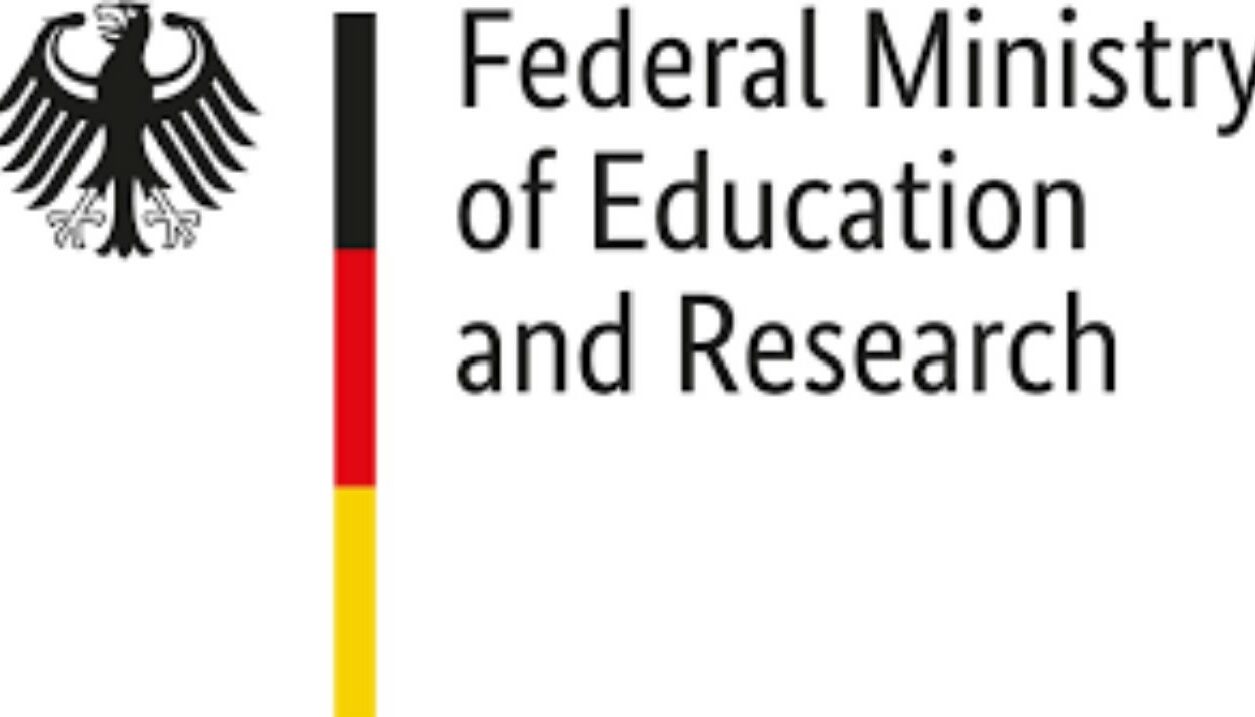
The European Commission (EC) is the executive branch of the European Union, responsible for proposing legislation, implementing decisions, upholding the EU treaties and managing the day-to-day business of the EU. They provide funding programmes that support research and innovation projects such as those executed at the ER-C.
The Federal Ministry of Education and Research (German: Bundesministerium für Bildung und Forschung, abbreviated BMBF), is a cabinet-level ministry of Germany. It is headquartered in Bonn, with an office in Berlin. The Ministry provides i.a. funding for research projects and institutions like the Helmholtz Centres.
The Helmholtz Association of German Research Centers was created in 1995 to formalise existing relationships between several globally-renowned independent research centers. The Helmholtz Association distributes core funding from the German Federal Ministry of Education and Research (BMBF) to its 18 autonomous research centers and evaluates their effectiveness against the highest international standards. The Forschungszentrum Jülich is one of them.
The Forschungszentrum Jülich is one of 18 autonomous Helmholtz centers. It comprises 10 independent research institutes focusing on the areas Key Technologies, Energy, Matter and Earth & Environment. The Ernst Ruska-Centre for Microscopy and Spectroscopy with Electrons is one of them.
RWTH Aachen University is one of the leading universities in Germany in engineering, natural sciences and materials science. RWTH Aachen is one of the two contractual partners of the ER-C and together with Forschungszentrum Jülich has founded JARA, the Jülich Aachen Research Alliance.
The Deutsche ForschungsGesellschaft (DFG) is the self-governing organisation for science and research in Germany. It serves all branches of science and the humanities. In organizational terms, the DFG is an association under private law. Its membership consists of German research universities, non-university research institutions, scientific associations and the Academies of Science and the Humanities. The DFG receives the large majority of its funds from the federal government and the states, which are represented in all grants committees. At the same time, the voting system and procedural regulations guarantee science-driven decisions. The ER-C regularly receives funding from the DFG for scientific projects.
The Volkswagen Foundation, based in Hanover, is a non-profit-making foundation established under private law in 1961. The Foundation owes its existence to a treaty between the Government of the Federal Republic of Germany and the State of Lower Saxony. The Foundation is not affiliated to the car manufacturer of the same name, but independent and autonomous in its decisions. It is dedicated to the support of the humanities and social sciences as well as science and technology in higher education and research. It funds research projects in path-breaking areas and provides assistance to academic institutions for the improvement of the structural conditions for their work like the development of the first Aberration Corrected Transmission Electron Microscope at the ER-C.







